Search Results for:
Skip to resultsCan’t find what you’re looking for? Visit our FAQ page.
112,959+ results for:
-
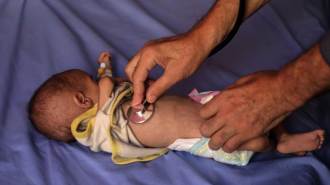 Health & Medicine
Health & MedicineAn estimated 54,600 young children are malnourished in Gaza
A study that screened young children in Gaza for malnutrition found that nearly 16 percent suffered from wasting in August 2025.
-
 Climate
ClimateAs wildfires worsen, science can help communities avoid destruction
Blazes sparked in wild lands are devastating communities worldwide. The only way to protect them, researchers say, is to re-engineer them.
By Nikk Ogasa -
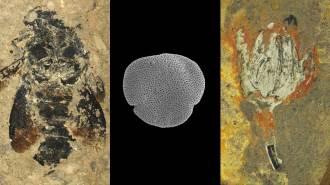 Paleontology
PaleontologyThese ancient bumblebees were found with their pollen source
Insects have long pollinated plants, but evidence of ancient pairing is rare. Fossils now show bees and linden trees goes back 24 million years.
-
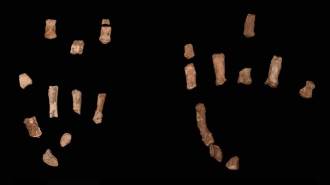 Archaeology
ArchaeologyFossil hand bones point to tool use outside the Homo lineage
The fossil wrist and thumb bones suggest Paranthropus boisei could grasp tools around 1.5 million years ago.
By Bruce Bower -
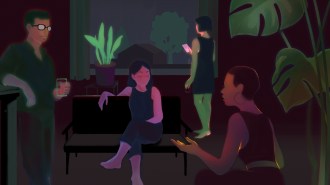 Life
LifeWe all have a (very tiny) glow of light, no movie magic needed
Normal cellular processes in living things — from germinating plants to our own cells — create biophotons, though escaping light isn’t visible to us.
-
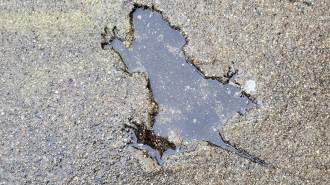 Animals
AnimalsThe viral Chicago ‘Rat Hole’ almost certainly wasn’t made by a rat
Researchers used methods from paleontology to analyze the quirky local landmark, created when a rodent of a certain size fell into wet concrete.
By Amanda Heidt -
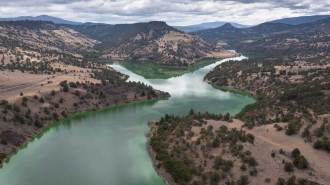 Environment
EnvironmentHow a Yurok family played a key role in the world’s largest dam removal project
In The Water Remembers, Amy Bowers Cordalis shares her family’s account of the Indigenous-led fight to restore the Klamath River in the Pacific Northwest.
By Aina Abell -
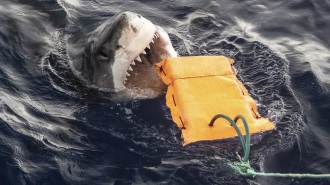 Materials Science
Materials ScienceNew wetsuit designs offer a layer of protection against shark bites
By weaving Kevlar or polyethylene nanofibers into standard neoprene in wetsuits, researchers found ways to limit injury during rare encounters with sharks.
By Carly Kay -
 Climate
ClimateCoral collapse signals Earth’s first climate tipping point
The global die-off of coral reefs signals a critical shift in Earth’s climate system with global environmental consequences along with economic ones.
- Astronomy
Astronomers saw a rogue planet going through a rapid growth spurt
The growth spurt hints that the free-floating object evolves like a star, providing clues about rogue planets’ mysterious origins.
-
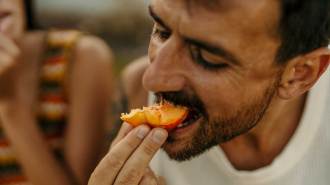 Neuroscience
NeuroscienceBrain scans reveal where taste and smell become flavor
The findings show the insula fuses taste and certain smells into the sensation of flavor.
-
 Particle Physics
Particle PhysicsLasers made muon beams, no massive accelerator needed
The advance hints at the possibility of portable muon-making devices that could help peer through solid materials for hidden contraband.